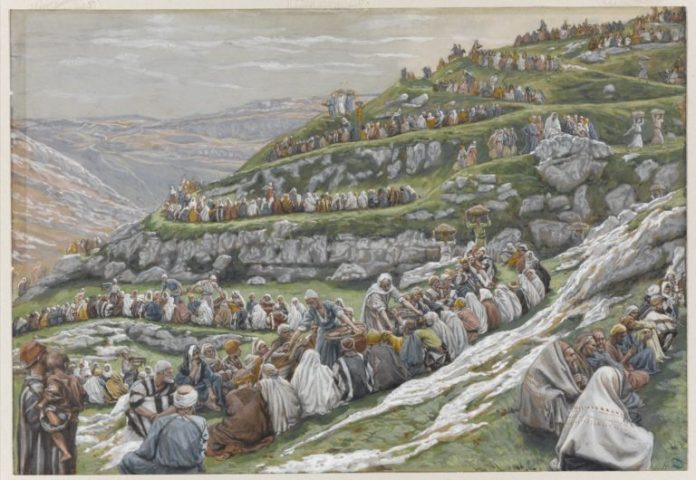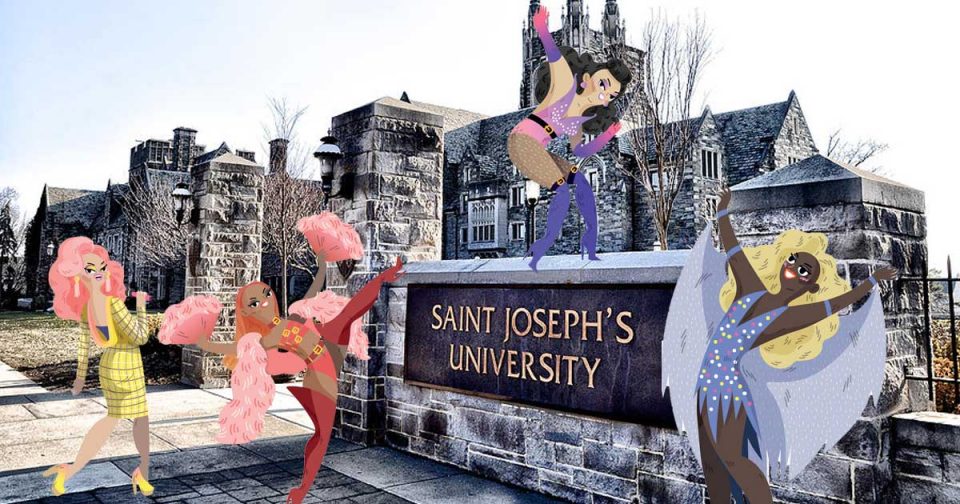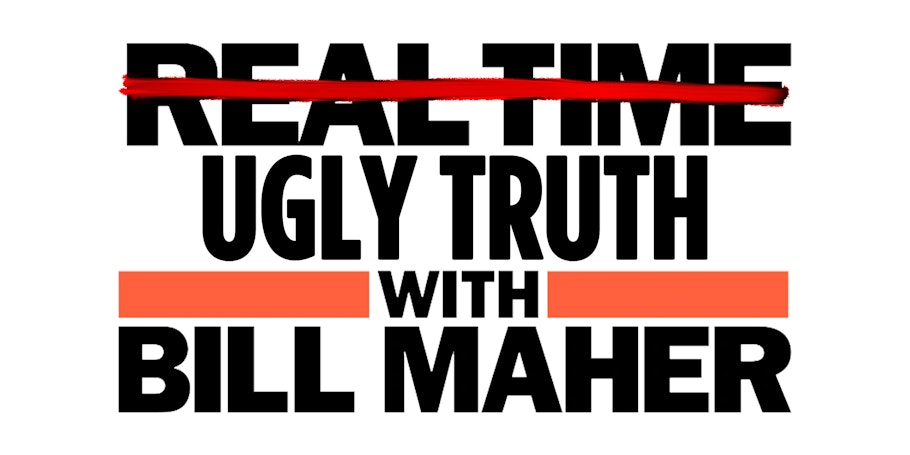Fr. Paul D. Scalia: Trusting Coworkers

True the Vote Took on the IRS and Won. Its Founder Explains Why It Matters (with Podcast)
June 24, 2019
Murder Disguised as Care, by Obianuju Ekeocha
June 24, 2019
By Fr. Paul D. Scalia, The Catholic Thing, 23, 2019
“Give them some food yourselves.” At first hearing, these words of our Lord might seem curious, even off-putting, as if Jesus were trying to get out of work. The Apostles had brought Him a reasonable concern: they are in a deserted place, with little food to be found; the crowds need to be dismissed to go look for provisions. But instead of responding generously, as He had done so many times, He seems to foist the responsibility on the Apostles: “Give them some food yourselves.” In effect, “Do it yourself.”
His words to the Apostles here are not without precedent. They resemble, for example, what He says to His own Mother at the wedding feast at Cana: “Woman, how does your concern affect me?” (Jn 2:4). Or the response to Moses’s lament at the Red Sea: “Why are you crying out to me? Tell the Israelites to set out.” (Ex 14:15) Again the seeming lack of concern and displaced responsibility. “Do it yourself.”
At least, that is how it could come across. But reflection on these words reveals something else. Our Lord is not shirking responsibility or dismissing concerns, and He is certainly not telling anyone to “do it yourself.” Rather, He is summoning the Apostles – and us – to trust in Him and to cooperate with His work.
Trust, first of all. Our Lord’s blunt words are not a dismissal of the Apostles’ concerns. They are an invitation to trust in the work that He has, in effect, already begun. He commands the Apostles to do the seemingly impossible because in His divine plan He has already provided for them to do it.
God never gives a command that He does not also – and already – give the grace to obey. Here the famous prayer of Augustine is instructive: Da quod iubes et iube quod vis— Give what You command and then command whatever You want. Just so, Jesus commands something absurd – “Give them some food yourselves” – because He gives the ability to accomplish it. His blunt words are an invitation to trust that He is already at work for the good they desire.
Second, and perhaps more obviously, His seemingly harsh response to the Apostles calls for their cooperation. He wants them to be coworkers in His miracle. Indeed, He always involves our efforts in His work. Hence Moses commanded the Israelites and extended his staff over the Red Sea. Our Lady instructed the waiters. Now the Apostles must bring their meager offering to the Lord: “Five loaves and two fish are all we have.” Thus they begin to participate in Christ’s miracle. They who provide the small contribution become coworkers in His wondrous work.
Our Lord instructs us to be His trusting coworkers even as He gives us an image of the Eucharist. The scene becomes, then, a lesson in how to receive the Body of Christ. As the Sequence for today’s Mass teaches, although many receive our Lord in the Eucharist, the effect is not the same for all.
Bad and good the feast are sharing,
Of what divers dooms preparing,
Endless death, or endless life.
Life to these, to those damnation,
See how like participation
Is with unlike issues rife.
The reception of Holy Communion is rife with unlike results. Whether and how the Eucharist nourishes us depends on our disposition – on whether we are His trusting coworkers.
We become such by, first, trusting His words. “Amen, amen, I say to you, unless you eat the flesh of the Son of Man and drink his blood, you do not have life within you. Whoever eats my flesh and drinks my blood has eternal life, and I will raise him on the last day. For my flesh is true food, and my blood is true drink.” (Jn 6:53-55) And again, “Take and eat; this is my body.” (Mt 26:26)
These words would be absurd and indeed blasphemous were it not God Himself speaking. As it is, not only are these words worthy of our absolute trust, it is only when we trust in them that they benefit us. At Mass, the Creed always precedes reception of the Eucharist: we must believe in His word before we receive His Body. So in another Eucharistic hymn, meant to foster the proper disposition, Saint Thomas Aquinas says, Credo quidquid dixit Dei Filius – I believe whatsoever the Son of God has said.
Then we respond to what He has begun. The divine initiative always requires our human response. When we take medicine – a pill for a headache, for example – we fully expect that it will produce results without our deliberate cooperation. It does its work without our willing anything more than its consumption. Many people approach the Eucharist the same way, as if it were a holiness pill, needing nothing more than our consumption.
Of course, the grace of God does not work that way. Our Lord desires our cooperation, that we be not passive recipients but responsive and active coworkers. Indeed, He desires that we be coworkers in the work of sanctification He has begun in us. Practically, this means that we prepare ourselves well for Mass and the reception of Communion, that we pray attentively at Mass, and that we give thanks after receiving Him.
Especially on this feast of Corpus Christi (the Body of Christ), which we owe to the initiative of St. Thomas Aquinas, may He grant us the grace to trust in His words and to respond generously to His gift.
_____________________
*Image: The Miracle of the Loaves and Fishes (La multiplicité des pains) by James Jacques Tissot, c. 1890 [Brooklyn Museum]




